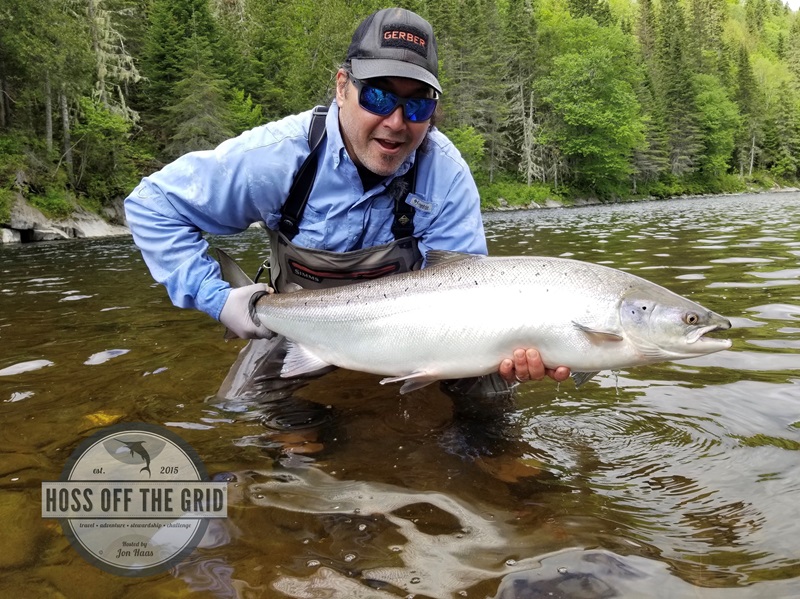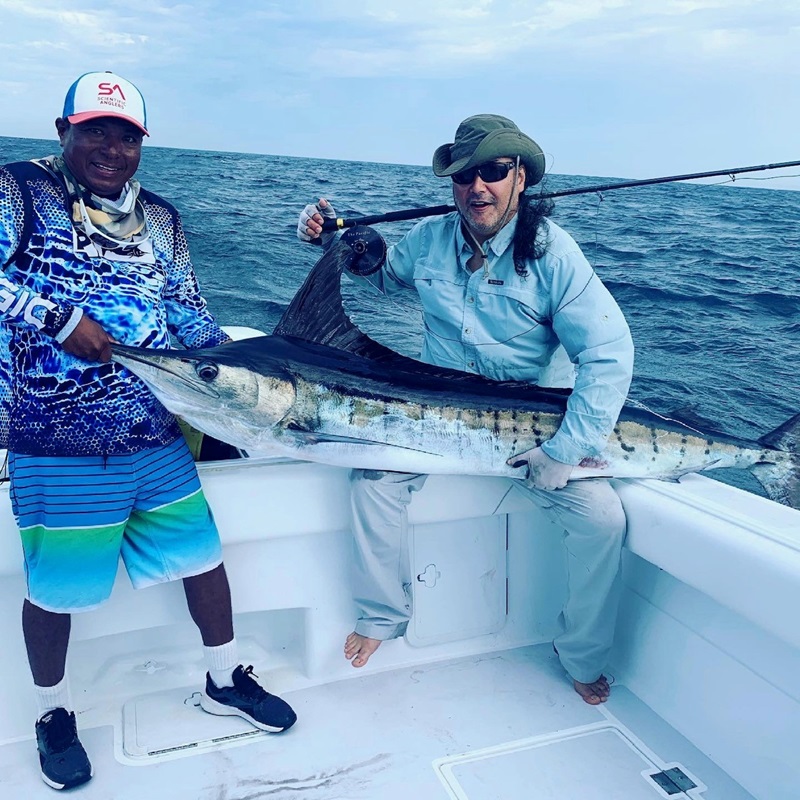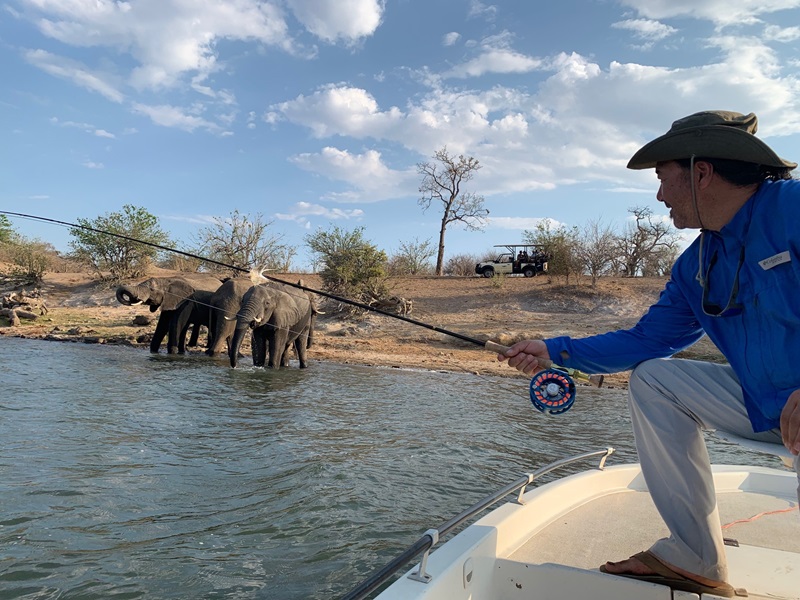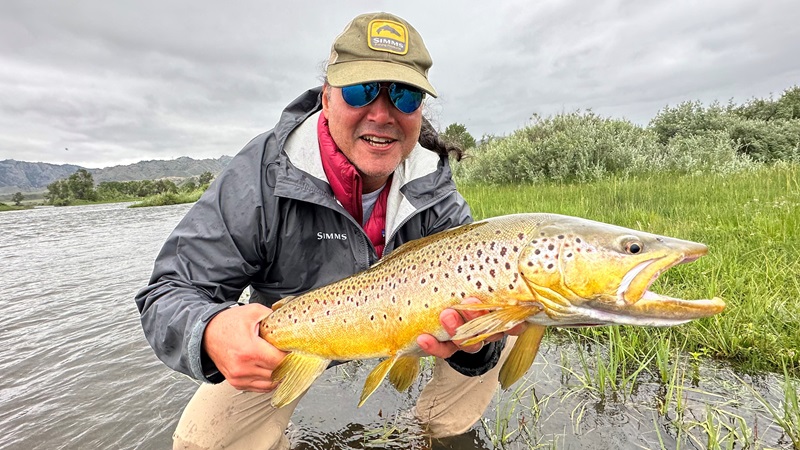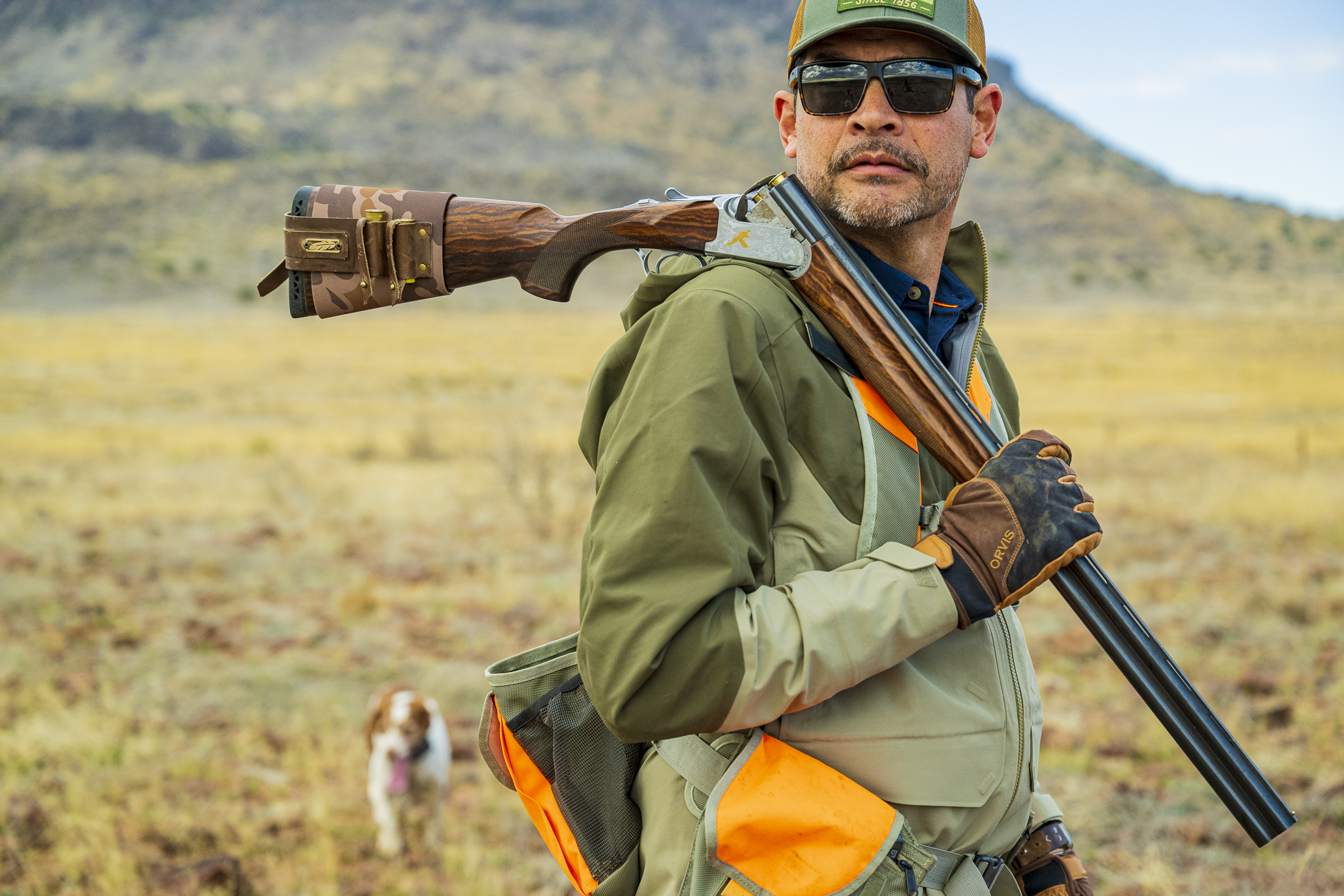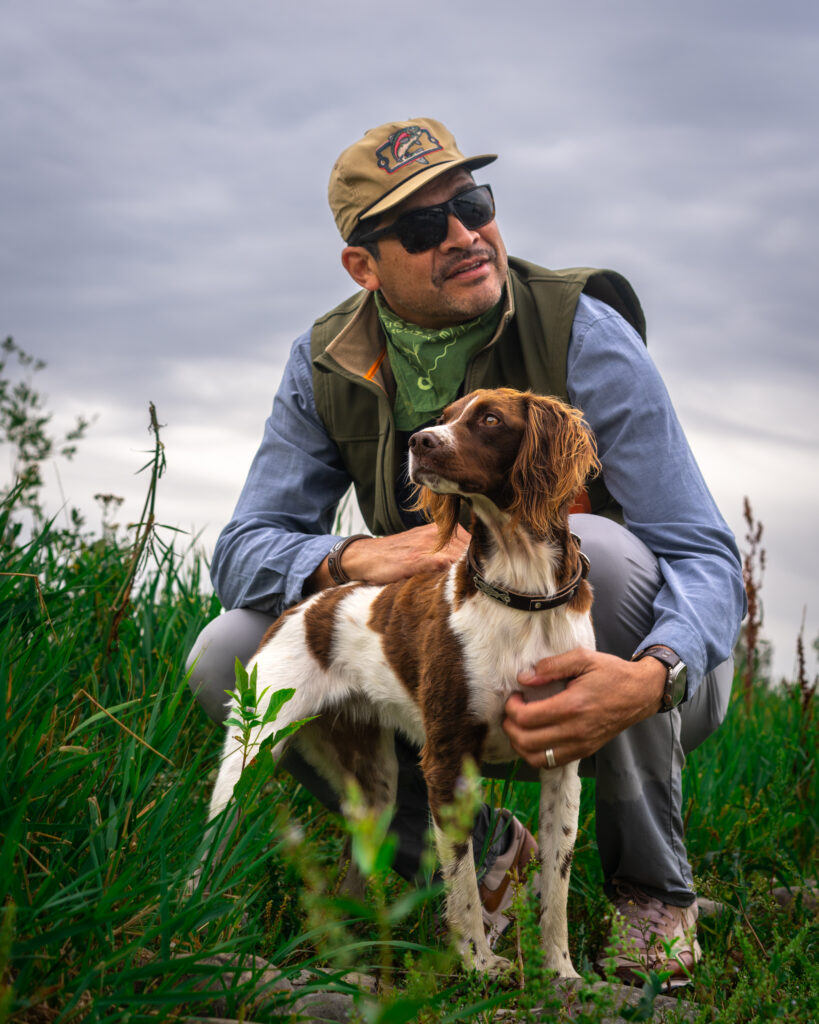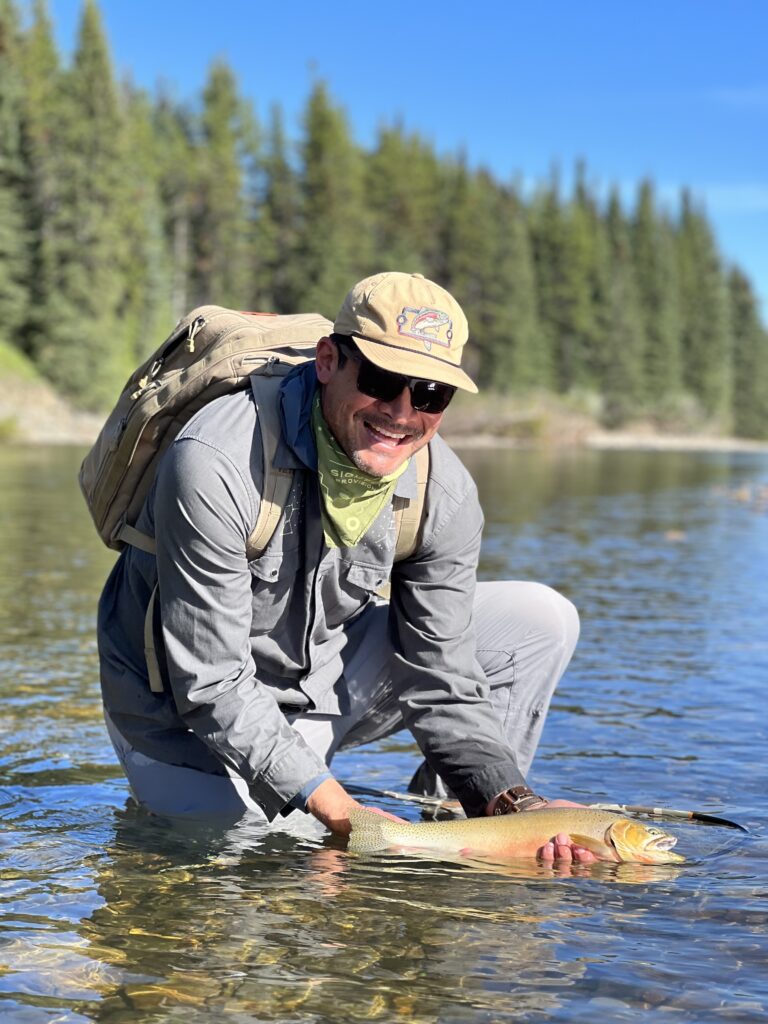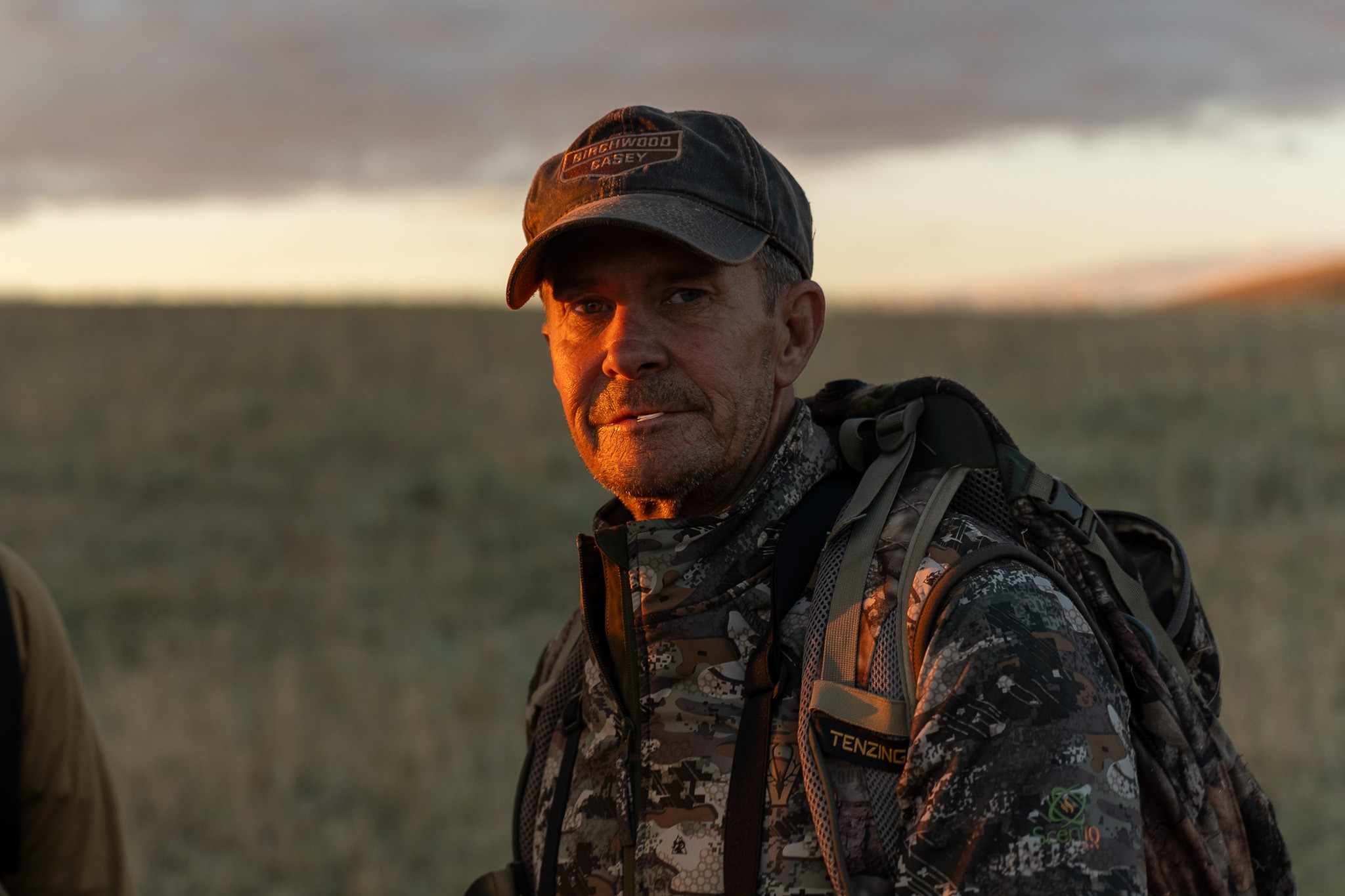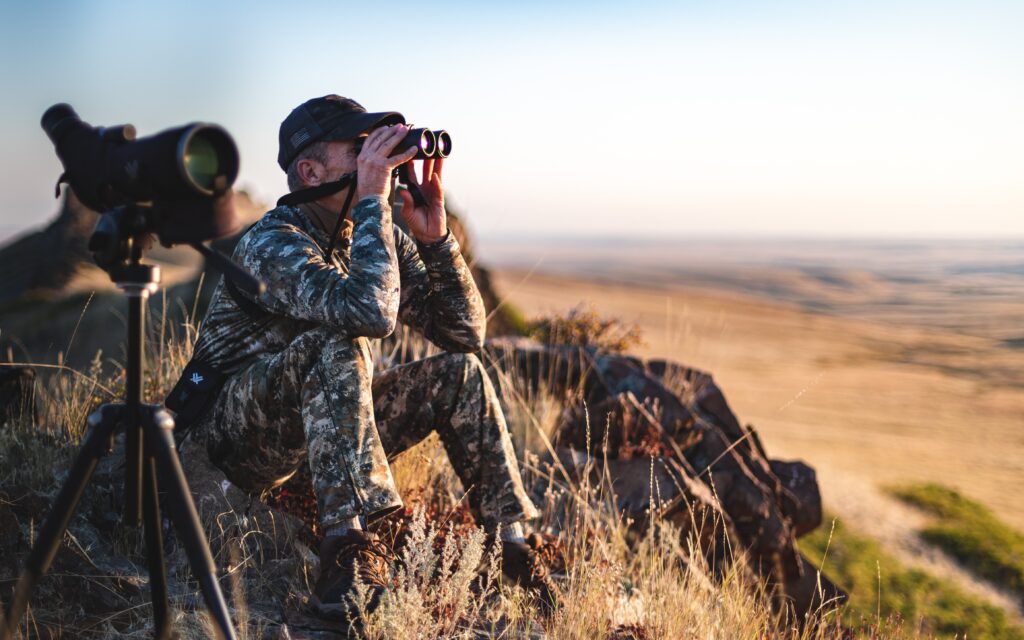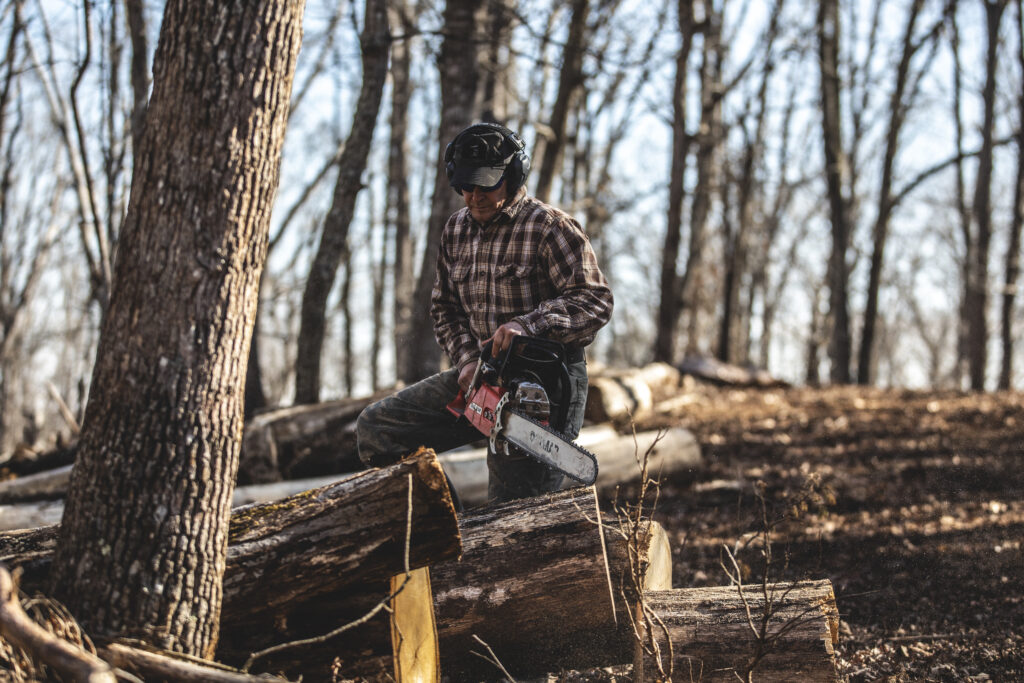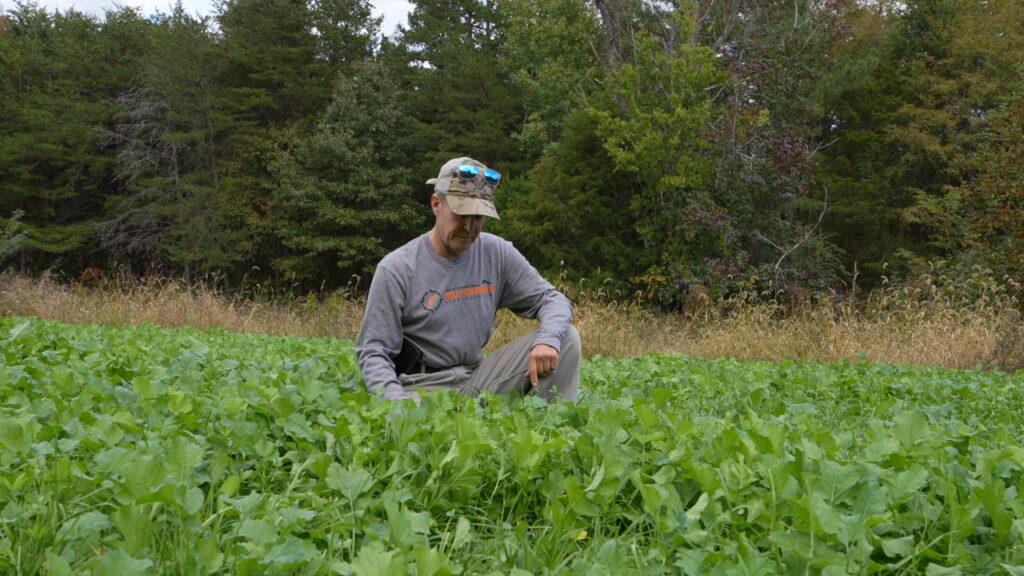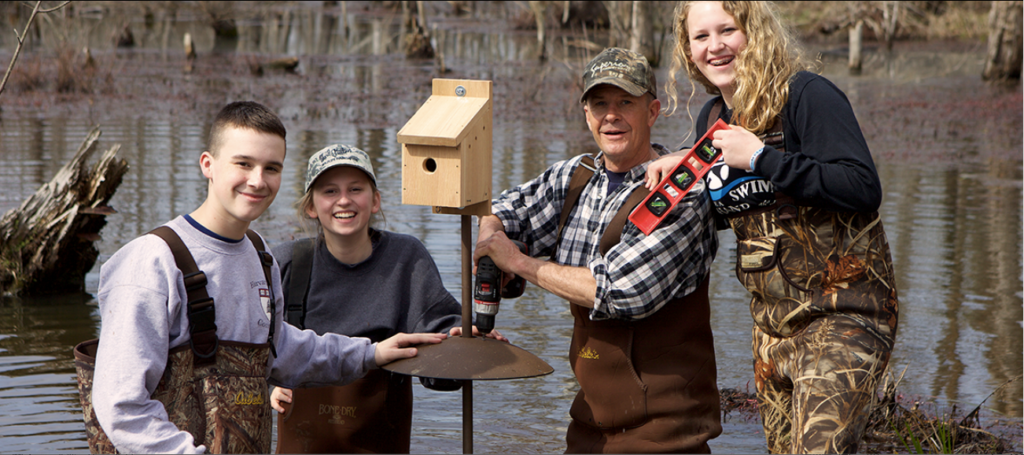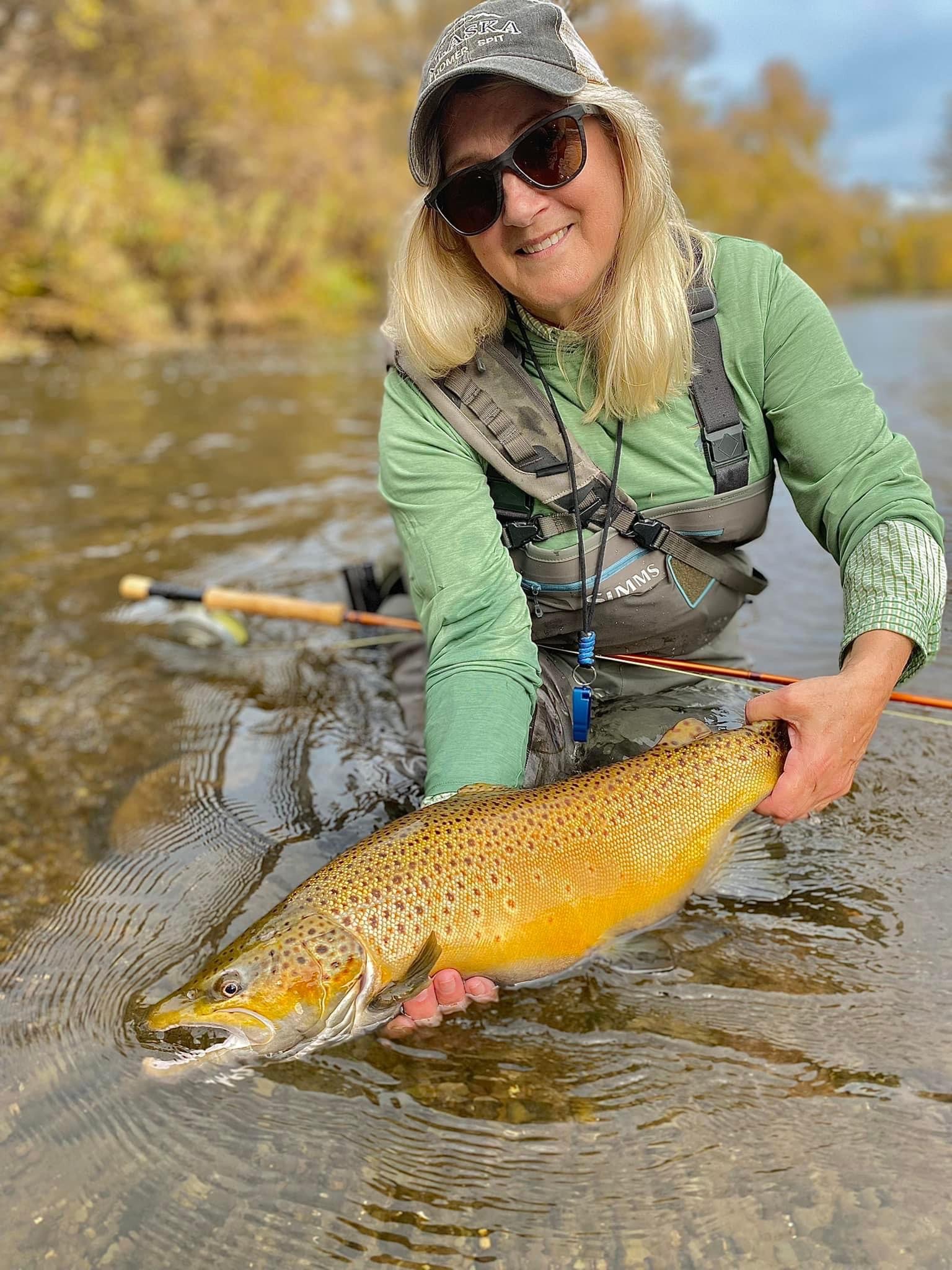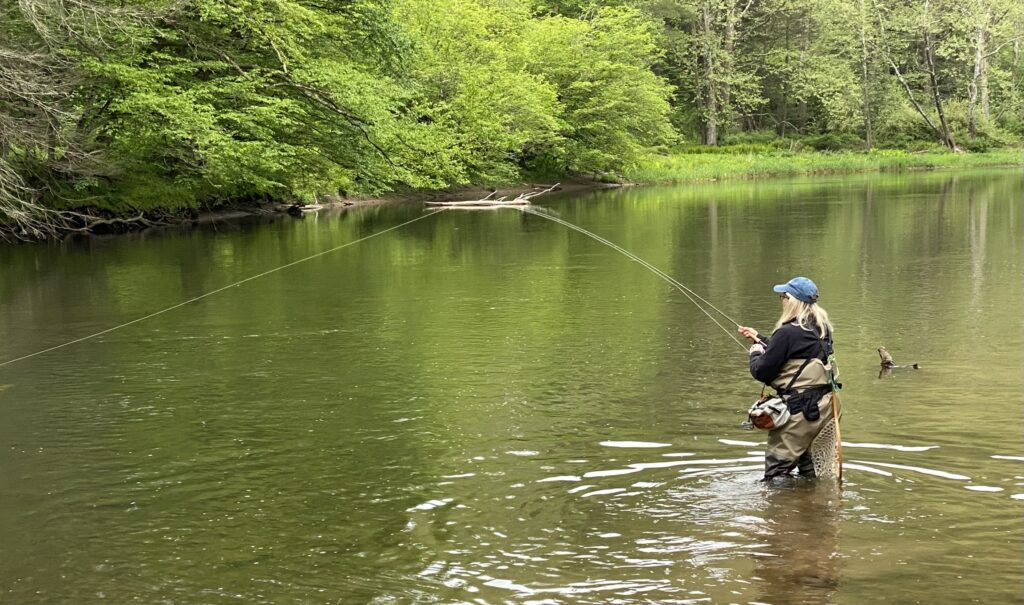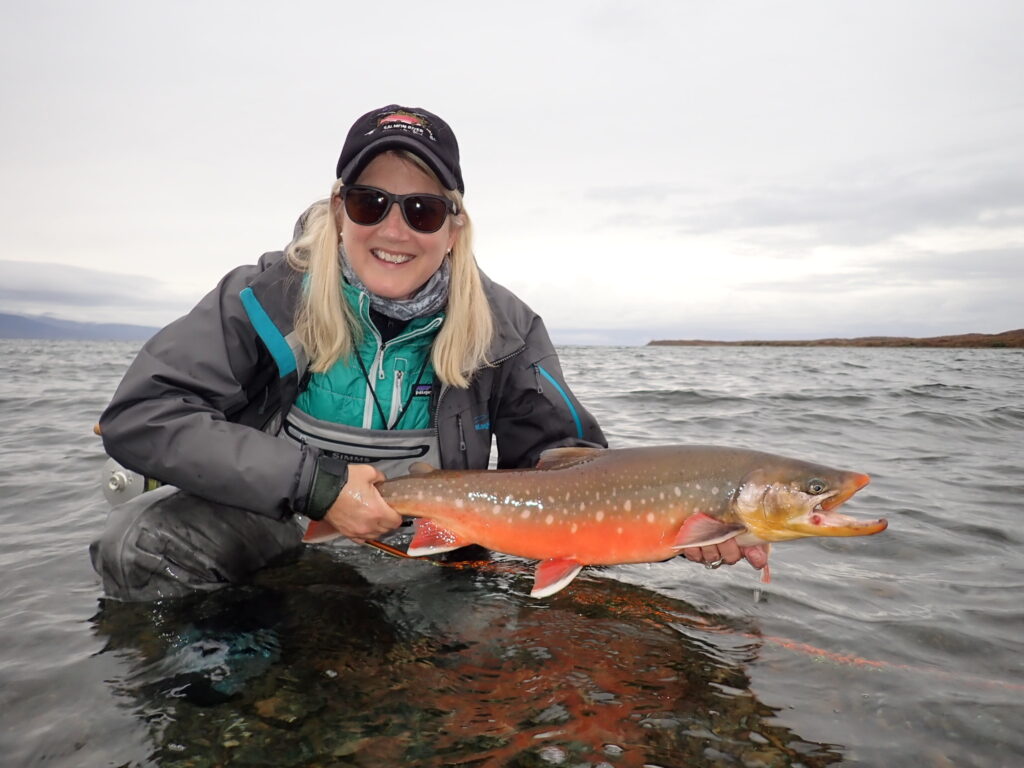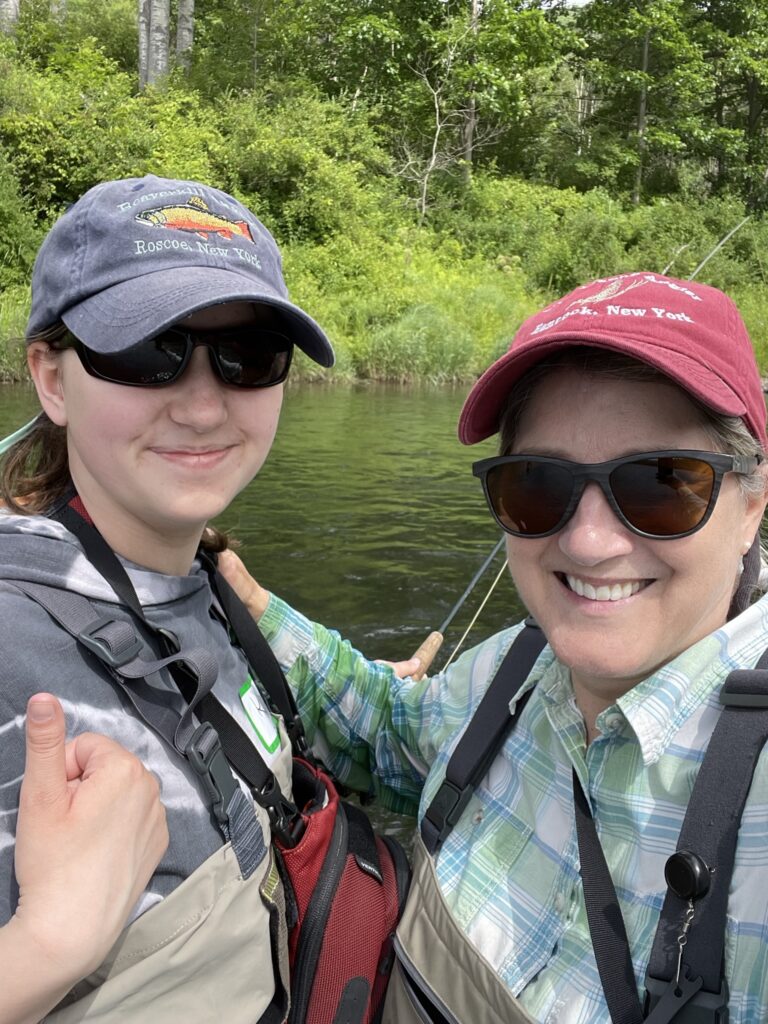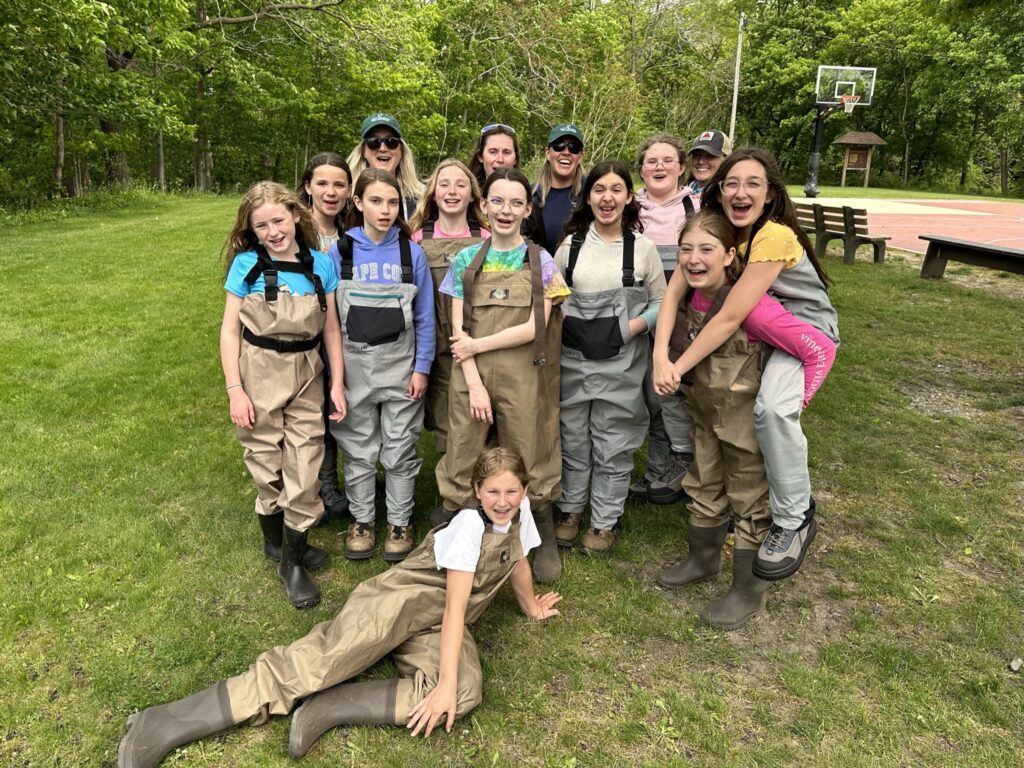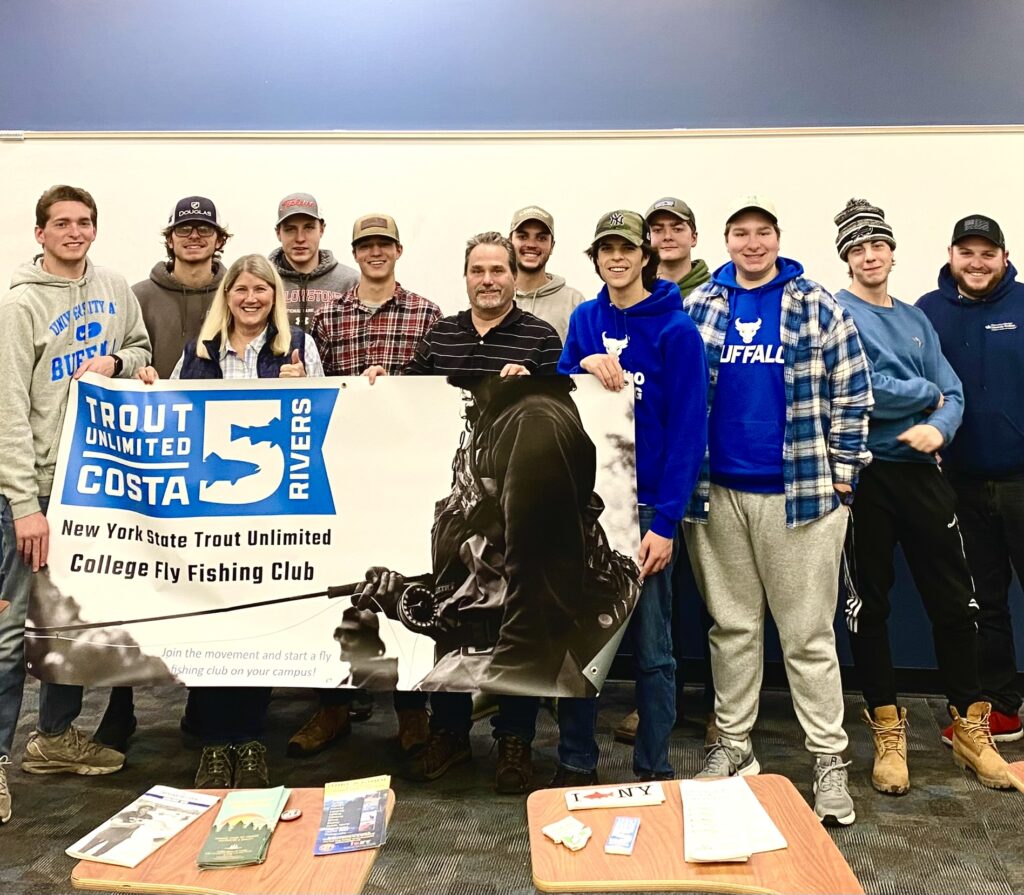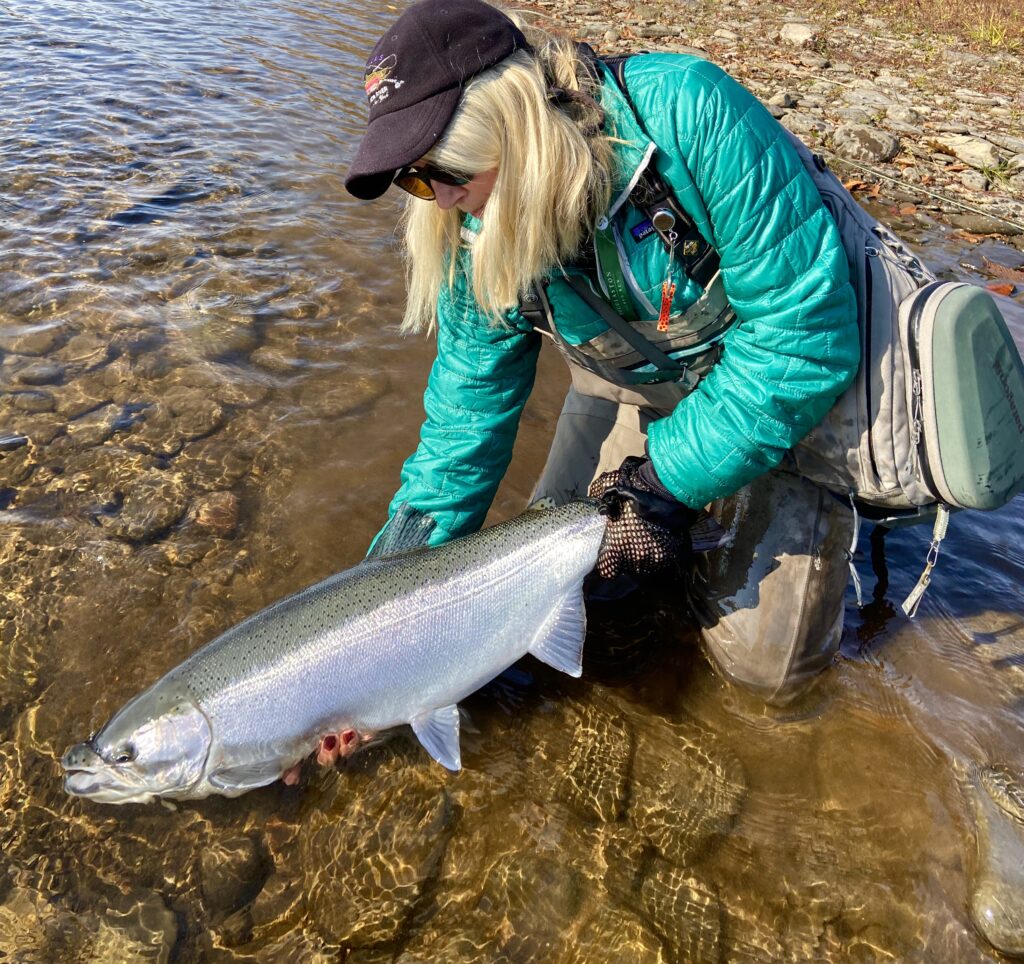TRCP’s “In the Arena” series highlights the individual voices of hunters, anglers, and conservationists who, as Theodore Roosevelt so famously said, strive valiantly in the worthy cause of conservation
Sam Maher
Hometown: Houston, TX
Occupation: Wildlife Biology Ph.D. Candidate
Conservation credentials: Maher is currently spearheading the Greater Yellowstone Ecosystem Antler Study to better understand the interest and influences shed antler hunting has on wildlife behavior in the GYE.
Since childhood, Sam Maher has spent time in wild places among wild creatures. This fascination and immersion in the wild has led her to pursue a doctorate in wildlife biology at the University of California at Berkley. From the American West to Botswana, Maher is interested in how wildlife agencies make measured decisions when it comes to managing land and wildlife.
Here is her story.
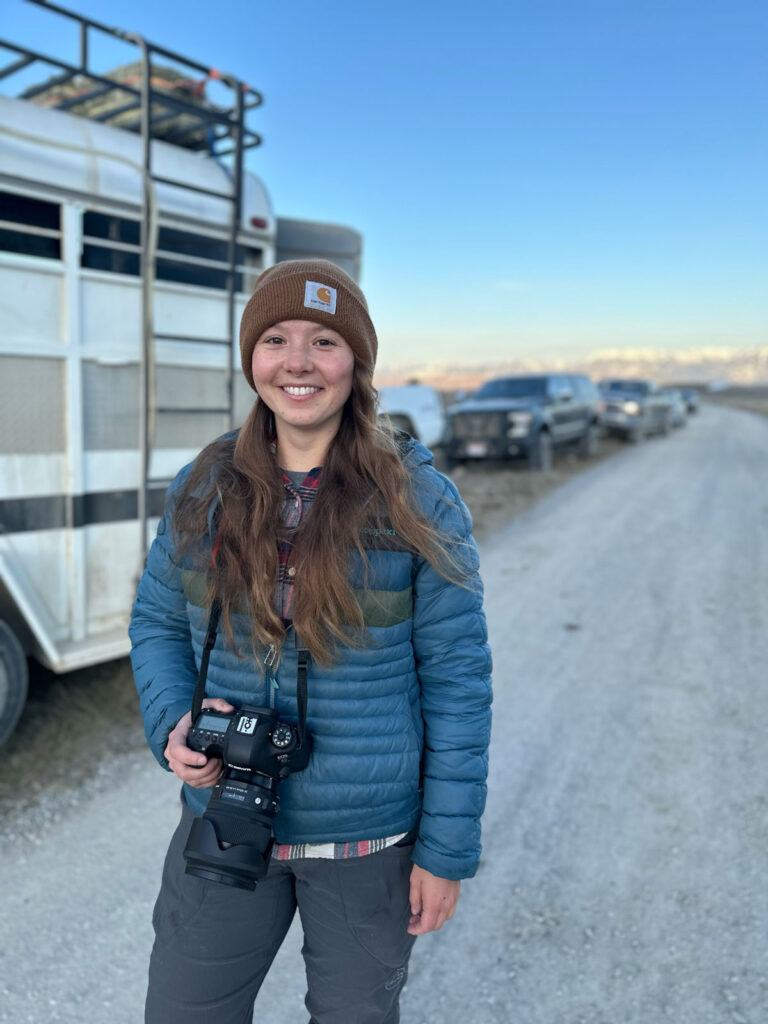
I was raised by two geologists who spent time in the backcountry doing research and mapping projects in Alaska, Svalbard, and the Sierra Nevada. I remember them taking us hiking and camping in the most amazing places as a kid, and I would just complain about having to walk uphill. Looking back, I am grateful for the time they spent with me outside because it’s made me more comfortable in the field and attentive to the land around me.
I’ve never been much of a hunter or angler because those weren’t activities that were passed down in my family, and there’s a pretty steep learning curve there. But more recently, I’ve gotten to know a lot of sportsmen and women and have grown to admire the amount of skill and knowledge involved in these pursuits. Sometimes I feel like hiking and sightseeing is a passive way of moving through a landscape, but when you hunt, fish, and track, you engage with your surroundings in a such a meaningful way. Photography for me has filled that role for me in some ways.
Participate in the Greater Yellowstone Ecosystem Shed Study HERE!
I spent a field season in rural Botswana doing some vegetation monitoring, and at the end of the project my advisors took us to Moremi Game Reserve in the Okavango Delta. I was fast asleep on our first night there when I was awoken by the commotion around my tent and a high-pitched yapping sound. I was curious about what was going on, but we had been instructed not to leave during the night, so I eventually fell back asleep. In the morning, I emerged from my tent to see blood dripping from the tree above our kitchen site. It turns out that a leopard had killed an impala outside our tent, only to be accosted by a pack of hyenas, then dragged its kill into the tree above us. It was incredible to think I had been just a few yards away from all of this, snug in my sleeping bag!
I have a running list of places that I’m just sort of fascinated by and where I’d want to spend time exploring and taking photos. Alaska is one of three states I’ve yet to visit, so that one is up there. I watched an episode of River Monsters where the Jeremy Wade fishes in Mongolia, which looks incredible. I really like the idea taking an extended pack trip out there with those hardy little Mongolian horses and hunting with golden eagles. I think what appeals to me the most is the continuity in the way communities in these extreme, isolated environments make their living and are still participating in a way of being that’s been practiced for hundreds, or even a thousand years. On the other hand, I struggle with the idea that my participation in those practices as a tourist is what would destroy that authenticity.
“Conservation doesn’t enhance my outdoor life so much as it IS my outdoor life.”
Conservation is about making decisions on how to steward land and wildlife in such a way that the public can benefit. This seems simple but it’s really this massive objective setting endeavor where we make collective decisions about who the public is, which groups of the public we should prioritize, and which uses for the land are most important. That is extremely challenging when those objectives are at odds with another. I’d probably say that on a personal level, conservation is about cultivating a relationship between myself and the land and its creatures and being a good steward. Conservation doesn’t enhance my outdoor life so much as it IS my outdoor life.
An example of the complexities of conservation: elk in my study area in the Greater Yellowstone Ecosystem use private and working lands as habitat for much of the winter but spend summers on public land. So, do we manage for high elk populations on working lands because they can be hunted and viewed by the public, or do we need to control populations to reduce costs for producers who deal with disease risk and competition with cattle for forage? How do you even do this if there is limited private lands hunting access? I imagine a lot of people reading this have a strong opinion on that, and being involved in decision-making is the only way we can get closer to managing wildlands so that everyone’s needs are met.
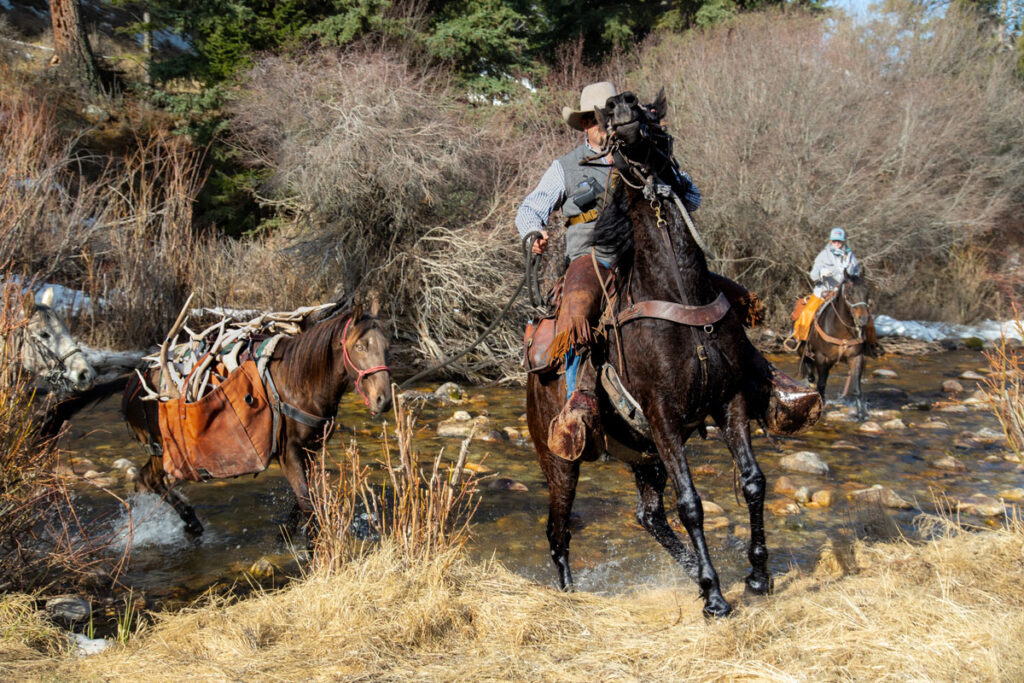
I’m doing my Ph.D. in the Bay Area, where fire, drought, and development are three of the four horsemen of the apocalypse. I would say the fourth is a more existential question about identity and how we relate to nature as people, as well as how we relate to other people about nature. Specifically, I’m thinking about the rural-urban divide, and how a lot of urban people are in love with an idea of nature as this gentle, pristine thing that maybe doesn’t really exist. There’s a great study led by Robert Bonnie, now the Under Secretary for Farm Production and Conservation at USDA, that shows how conservation is this one last bipartisan issue, that urban and rural people and conservatives and liberals care about the environment equally, but that they disagree on the government’s role in stewarding it. I think recognizing that conservation is a shared priority would take us a long way.

We live in this thrilling and terrifying time in history where everything around us is changing at breakneck speed and there’s so much uncertainty about what life is going to look like in just a decade. Being involved in conservation and connected to the natural world feels grounding and comforting, like no matter what craziness is going on around me with AI and social media, I still have somewhere to go that is peaceful, that exists outside of the rat race.
All photos courtesy of Sam Maher.

The TRCP is your no-B.S. resource for all things conservation. In our weekly Roosevelt Report, you’ll receive the latest news on emerging habitat threats, legislation and proposals on the move, public land access solutions we’re spearheading, and opportunities for hunters and anglers to take action. Sign up now.

